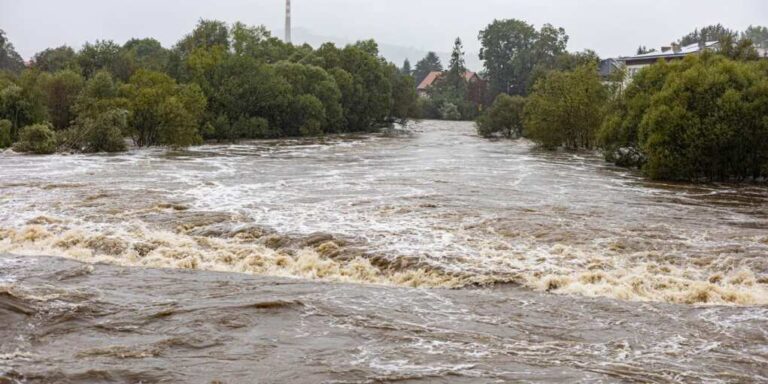
Texas Governor Greg Abbott has called a special session to overhaul the state’s flood warning systems and emergency response infrastructure after catastrophic flooding in the Texas Hill Country left more than 100 dead and nearly 200 missing. The devastating floods, which struck on July Fourth after heavy rainfall along the Guadalupe River, saw the river rise nearly 30 feet in under an hour, sweeping away campers, homes, and entire families with little notice.
The disaster was especially brutal at a riverfront youth camp where 27 campers lost their lives. Frustrated Texans slammed officials for the lack of timely warnings, with some families saying they received no alerts before the water overtook their homes. The National Weather Service claimed it had expanded notifications 12 hours before the tragedy, but the warnings remained labeled as only “moderate,” even as flash flooding turned deadly.
Abbott is demanding new laws to upgrade early warning systems, improve emergency communications, and streamline rules so that Texas can prepare for and recover from natural disasters more quickly. His call also includes relief funding for impacted communities and long-term improvements to infrastructure in flood-prone areas across the state.
The tragedy has renewed criticism of the outdated systems within the National Weather Service and NOAA, with Department of Homeland Security Secretary Kristi Noem acknowledging during a press conference that America’s weather alert systems have been “neglected for far too long.” Noem promised the Trump administration would upgrade these “ancient” systems to give families better notice in emergencies, noting that reform is underway but has no set timeline.
However, skeptics argue these upgrades could face hurdles due to staffing reductions at NOAA following cost-cutting measures by the Department of Government Efficiency (DOGE). Democrats claim more than 880 NOAA employees have been laid off, though the agency has not confirmed the exact number.
While the primary focus of Abbott’s special session is disaster preparedness, the governor is also calling on lawmakers to consider unrelated issues including taxes, abortion, human trafficking, education, and public safety, ensuring the state can tackle multiple critical challenges while addressing the immediate need for flood response reform.
Texans are still reeling from the devastation, as search and rescue teams continue to sift through debris for survivors and victims. The scale of the destruction has left entire communities shattered, with questions mounting about how many lives could have been saved with better alerts and preparedness.
As President Trump’s administration pledges to modernize America’s warning systems, Abbott’s push for state-level reforms will be closely watched by families determined to prevent another tragedy of this magnitude. With summer storms still ahead, Texans are demanding accountability—and a clear plan to protect lives when nature’s fury strikes again.
